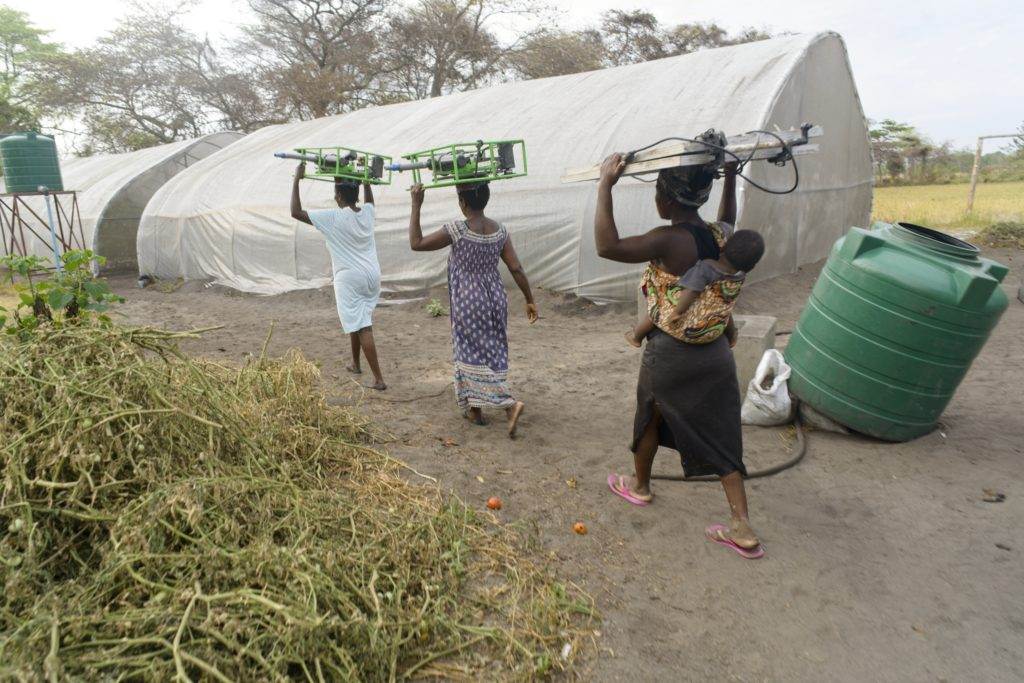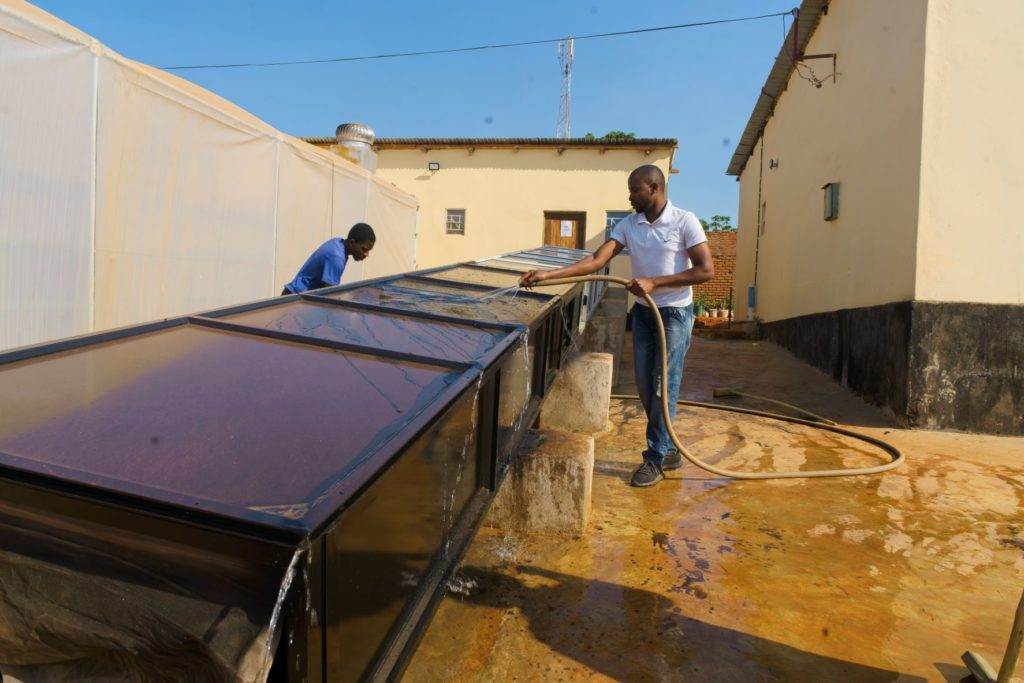Renewable energy sources – including solar, wind, hydropower, tidal, geothermal, and biomass – offer sustainable alternatives to fossil fuels. Read on to find out more about how each of these sources works, and the benefits of renewable energy.
Renewable energy sources
What does ‘renewable energy’ mean?
Renewable energy is energy that comes from a source that isn’t depleted as it’s used. It is generally produced from natural processes and is considered more sustainable because its source is infinite. It also tends to be cleaner than other energy sources, in terms of pollution.
Why is renewable energy important?
Renewable energy offers an alternative to fossil fuels such as coal, gas and oil.
Since the industrial revolution, fossil fuels have been heavily relied upon to power everything from electric light bulbs to cars and factories. The gases, most notably CO2, released from burning these fuels have reached historically high levels.
As these ‘greenhouse gases’ trap heat in our atmosphere, average temperatures on the surface of our planet are rising. This is often referred to as global warming, which is a contributing factor to climate change, or the climate crisis.
To mitigate the effects of the climate crisis, it is vital that societies around the world switch to renewable energy sources and cease burning fossil fuels.
Renewable energy sources
The most popular renewable energy sources (RES) are solar and wind power, hydro, tidal, geothermal and biomass energy.
Nuclear-generated electricity is not considered a RES but it is zero-carbon, which refers to the fact that its production emits almost no CO2.
How do renewable energy sources work?
- Hydropower: Naturally flowing water is used to spin turbines connected to a generator, which creates electricity. For hundreds of years people have harnessed the power of water: from the water-driven millstone grinding a farmer’s grain to large-scale dams, hydroelectric schemes, and tidal energy projects that capture the sea’s natural wave movement.
- Wind: Wind can also be used to spin turbines connected to a generator. Wind-power can be dated back to Persia over 1,000 years ago, and the first recorded use of a wind turbine for the production of electricity was in Scotland in 1887. Between 2001 and 2017 cumulative wind capacity increased more than 22 times.
- Solar: Sunlight can be used to create electricity using photovoltaic cells. Solar is now reshaping energy markets around the world and the energy capacity of photovoltaic panels increased by 4,300% in the decade between 2007 and 2017.
- Biomass: Biomass energy is generated or produced by living or once-living organisms such as plants, wood or animals. The most common biomass source materials are corn or soy, wood and waste materials. The energy from these organisms can be transformed into usable energy by burning, conversion into electricity or processing into biofuel.
- Geothermal: Geothermal energy is derived from the Earth’s internal heat. Water from hot springs has been used for bathing since Palaeolithic times. On a large-scale, underground reservoirs of steam and hot water can be tapped through wells to generate electricity and on a home-based level geothermal heat pumps can be placed several metres below ground and used for both heating and cooling.
Benefits of renewable energy
Renewable energy is central in the battle to reduce the worst effects of the climate crisis and reduce pollution. It is versatile and adaptable; it can supply huge cities already on an electricity grid, or remote villages that are unconnected from any mains electricity.
The price of renewable energy is falling – wind power costs far less than nuclear, with the price of offshore wind rapidly falling due to larger, more effective turbines.
Generators can be built close to where the power is needed, and the sheer range of technologies available means that at least one type will be suitable almost anywhere.
Practical Action’s work in renewable energy
The founder of Practical Action, Fritz Schumacher, was a big advocate of renewable energy. In his book, Small is Beautiful, Schumacher wrote:
As the world’s resources of non-renewable fuels — coal, oil, and natural gas, are exceedingly unevenly distributed over the globe and undoubtedly limited in quantity, it is clear that their exploitation at an ever-increasing rate is an act of violence against nature.
E.F Schumacher, founder of Practical Action
Today Practical Action has energy projects that reflect the importance of Schumacher’s words in every country where we work, and we continue to focus on those in remote areas and marginalised communities. Our aims around renewable energy focus on how people can transform their lives when they have access to clean, affordable, sustainable and reliable energy sources.
We remain committed to delivering projects to some of the one billion people who lack access to electricity across the world.
Whether it’s installing clean cooking stoves to reduce diseases and avoidable fatalities caused by smoke from indoor stoves, micro-hydroelectric schemes powering up remote Himalayan communities, or life-changing solar-powered street lighting in Rwandan refugee camps.
Energy sparks progress, improves health, and brings opportunities for income generation. Read about some of our energy projects below.

